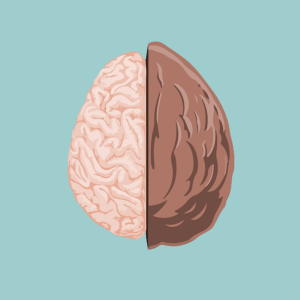

This is a valuable distinction when we are coming from the perspective of everyday being. A big thank you to Steve Hardison and Steve Chandler who pointed to this distinction.
What is the value of judgements and expectations? Where do they take you?
Out of the now
Into past and future
Lose your impact
It is in the nature of thought to make judgements - this is very helpful in navigating our everyday experience
Thought operates dualistically and creates time
Being...
- This is a valuable distinction when we are coming from the perspective of everyday being. A big thank you to Steve Hardison and Steve Chandler who pointed to this distinction.
- What is the value of judgements and expectations? Where do they take you?
- Out of the now
- Into past and future
- Lose your impact
- It is in the nature of thought to make judgements - this is very helpful in navigating our everyday experience
- Thought operates dualistically and creates time
- Being is non-dualistic. All awareness’s are the same
- It is interesting to explore whether we can make judgements without being judgemental
- E.g., “Would you like a tea or a coffee?” you can make a choice but you don’t need to judge the one you didn’t have!
- What does your own internal dialogue tend to consist of? - Judgements and expectations. This doesn't add to our enjoyment of life
- What do people complain about? - Judgements and expectations
- Expectations:
- are toxic
- people don't look forward to expectations
- resentful
- leads to anxiety
- kills performance
- leads to rebellion
- goes against a free spirit
- leads to disappointment
- less creativity and energy
- Two consequences
- We/they don't live up to expectations
- disappointment
- they meet it - so what!
- Alan Watts - one requirement before marrying a couple. If one of you expects the other to change, I will not perform the ceremony
- Inner game of tennis
- A judgement is the act of assigning a negative or positive value to an event
- Judgements are our personal ego reactions to the sights, sounds, feelings, and thoughts within our experience
- Self-judgements become self-fulfilling prophesies – we start to become what we think
- When we unlearn how to be judgemental it is possible to achieve spontaneous, focused play
- Neither to goodness nor badness ascribed to the event by the players is an attribute of the shot itself. Rather they are the evaluations added to the event in the minds of the players according to their individual reactions
- Expectations are a form of judgement:
- Jennifer Capriati when she was fourteen years old. At the time, she was playing in world-class women’s tournaments and doing remarkably well. The reporter was asking her how nervous she got when she was playing against some of the best players in the world. Jennifer responded that she didn’t get nervous at all. She said she considered it a privilege to play with these players, something she hadn’t been able to do up until that time. “But surely when you are in the semi-finals of a world-class tournament, and being only fourteen, with all the expectations that are on you, you must experience some stress.” Jennifer’s final answer to all the reporter’s probing for her fear was simple, innocent. “If I was feeling frightened playing tennis, I don’t see why I would do it!” she exclaimed. With that the reporter stopped her questioning.”
- Agreements
- courageous
- moves things forward quickly
- curious and interested in the other person
- encourages responsibility
- adult to adult
- sense of accomplishment
Comments (3)
More Episodes
All Episodes>>Create Your Podcast In Minutes
- Full-featured podcast site
- Unlimited storage and bandwidth
- Comprehensive podcast stats
- Distribute to Apple Podcasts, Spotify, and more
- Make money with your podcast
It is Free












